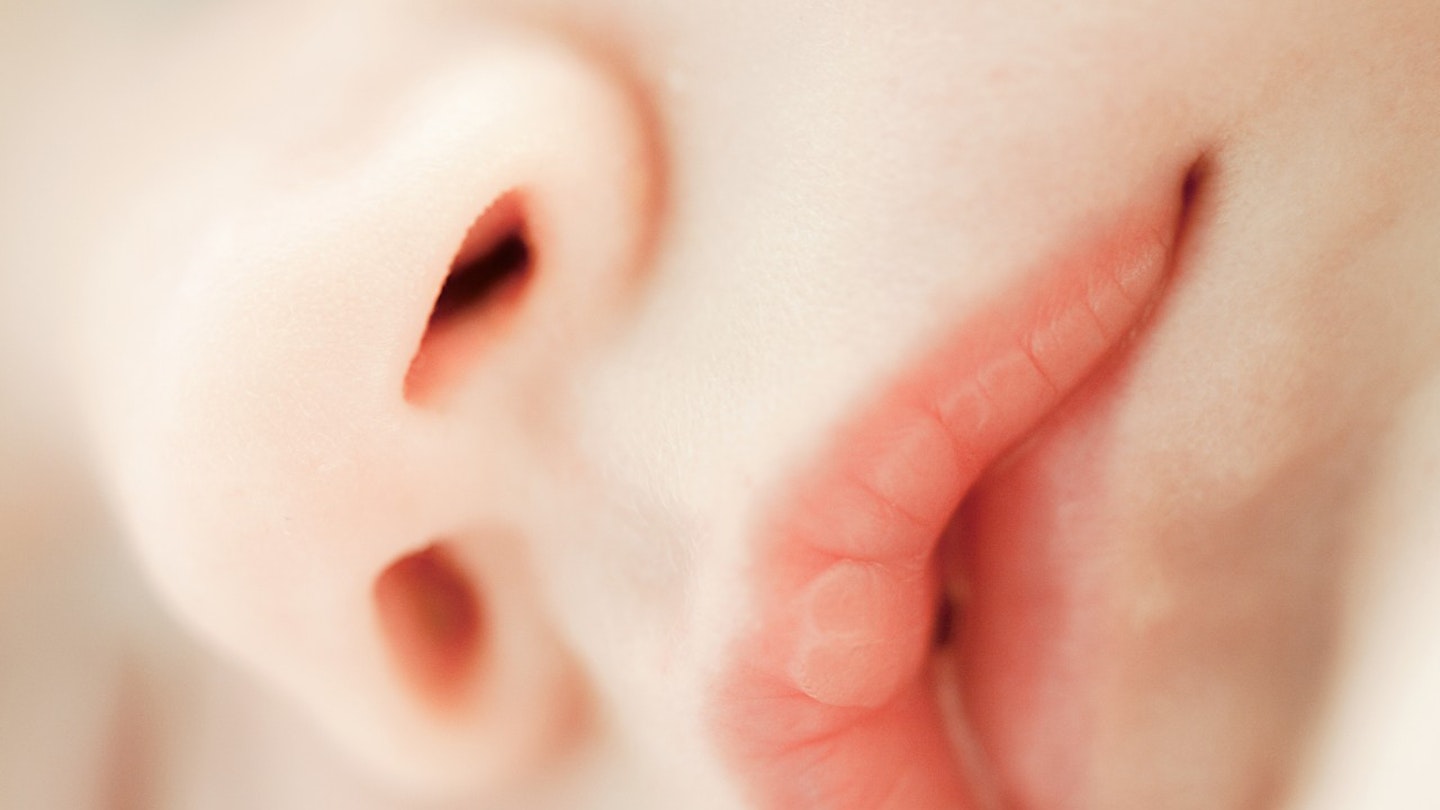A cleft lip might sound scary, but there is a lot of help and support available to ensure your child still lives a full and happy life
A cleft lip and palate is one of the most common facial birth defects in the UK, with one in every 700 babies is born with a cleft lip.
If you have any concerns about a cleft diagnosis this should help you have a better understanding of the condition – and discover the help and support that is available.
What is a cleft lip?
A cleft lip is a split (or sometimes a small gap) in the upper lip, which occurs when separate areas of your baby’s face don’t join together properly during pregnancy.
A cleft palate refers to a gap or split in the roof of the mouth.
As the face and upper lip start to develop from around the fifth week of pregnancy, most cleft problems can be spotted during your 20-week scan, and in these cases you’ll be prepared before the birth.
What help and support is available?
There are lots of specialist teams, which include nurses, surgeons and therapists that are available to help and support families.
‘After a diagnosis, expectant mums should be referred to the local cleft team,’ says Nichola Hudson, lead clinical nurse specialist at the Spires Cleft Centre. ‘Families can arrange an appointment with their nurse to discuss any fears or anxieties they may have. There should be follow up meetings throughout the pregnancy.’
There are also lots of websites available to help, including CLAPA and CleftSmile, which can help you find your local support groups, for you and your baby as he grows.
Cleft palate diagnosis
Not all cleft palates are diagnosed before or at birth – around 34 per cent are discovered later on.
Not all cleft palates are diagnosed before or at birth – around 34 per cent are discovered later on
‘If your baby is slow to feed, not gaining weight, making a clicky sound when breast feeding or has milk coming through the nose, this could be a sign of a cleft palate,’ says Nichola.
If you have concerns about any of the above symptoms, contact your GP or health visitor who can make an appointment for your baby to be assessed by a specialist.
Cleft lip surgery
Babies born with a cleft lip will normally need to have a cleft lip repair, an operation which involves a reconstruction of the shape of the lip and nose. This is normally performed from around three months old.
But babies born with a cleft lip and palate might have to wait until they are about six months old to have an operation to join up the soft palate muscles.
How does a cleft lip and palate affect my baby growing up?
Babies with a cleft lip normally respond best to breastfeeding, but if necessary bottle teats can be adapted to suit your baby.
Having a cleft palate does understandably make feeding more difficult and they are rarely able to breastfeed because sucking is harder for them. A feeding assessment will be given by your cleft care team to help you to feed your baby in the best way for both of you.
Sometimes a cleft lip and palate can affect your baby’s hearing, so all babies with a cleft palate are given a neonatal hearing screen and hearing assessments from eight months old. ‘All cleft care teams will have specialist speech and therapists to assess speech development and help plan appropriate therapy,’ says Nichola.
These assessments often take place throughout your child’s life, well into his teens, to ensure he is given the best possible care and support he needs.
